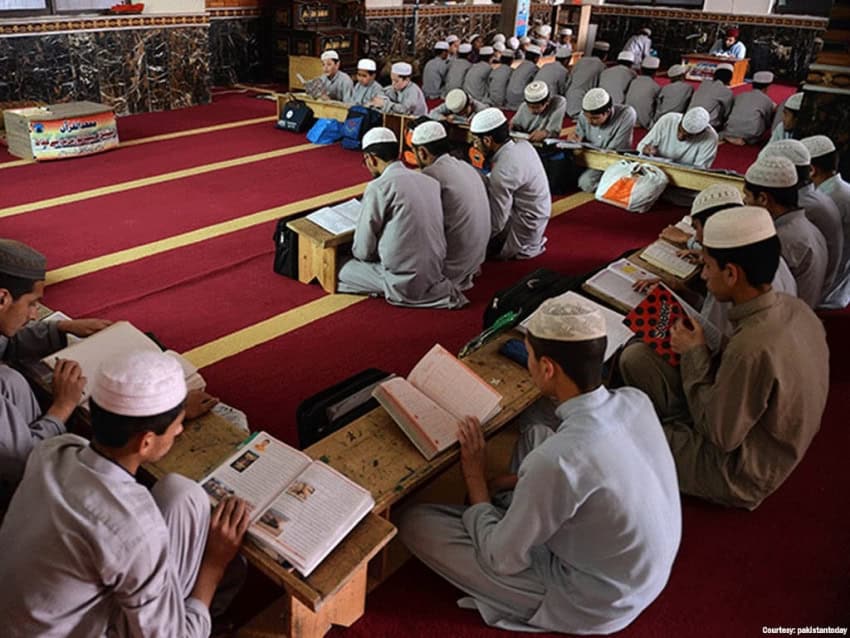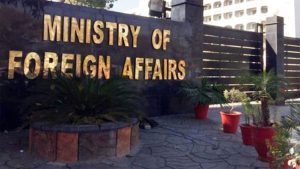In a significant development, a court in India has ruled to effectively prohibit madrasas in Uttar Pradesh, the country’s most populous state.
This decision, which invalidates a 2004 law governing madrasas, is viewed as a potential source of further alienation for many Muslims from Prime Minister Narendra Modi’s Hindu-nationalist government, particularly as national elections approach.
The ruling on Friday declared the 2004 law unconstitutional, citing its violation of India’s secular principles, and mandated the relocation of students from madrasas to mainstream schools.
Attempts to contact Rathore, the individual mentioned in the ruling, were unsuccessful, and any potential political affiliations remain unconfirmed.
India is gearing up for general elections expected to take place between April and June, with Modi’s Bharatiya Janata Party (BJP) widely anticipated to emerge victorious.
However, concerns have been raised by Muslims and rights organizations regarding alleged instances of anti-Islamic rhetoric and violence perpetrated by certain BJP members and affiliates, including the demolition of properties owned by Muslims.
Modi has consistently refuted claims of religious discrimination within India.
Rakesh Tripathi, a spokesperson for the Uttar Pradesh BJP, asserted that the state government harbors no animosity towards madrasas and is primarily concerned with the education of Muslim students.
He emphasized the government’s stance against discriminatory practices and unauthorized funding, indicating that further actions would be determined following a thorough review of the court’s ruling.
Javed, an official representing madrasas and also serving as the national secretary of the BJP’s minority wing, expressed the challenges he faces as a Muslim navigating between the interests of his political party and his community.
He described the difficult balancing act, especially in light of the court’s ruling coinciding with the holy month of Ramadan.
Meanwhile, the BJP’s parent organization has been strategically placing Muslims loyal to its cause in leadership roles within India’s Muslim institutions, part of a broader effort to court Muslim voters.
While the court did not specify a timeline for implementation, immediate closure of madrasas is unlikely. Similar initiatives to convert madrasas into conventional schools have been observed in Assam, another state governed by the BJP.
Indian court bans madrassas in Uttar Pradesh ahead of elections 2024
By Web Desk
2:28 pm | Mar 24, 2024

Related News
Advertisment
Latest
Pakistan imposes nationwide ban on drone flights over security concerns
Feb 27, 2026 | 7:10 pm
New Zealand win toss, opt to bat first against England in T20 World Cup encounter
Feb 27, 2026 | 6:51 pm
PM Shehbaz visits GHQ, vows zero tolerance against cross-border threats
Feb 27, 2026 | 5:52 pm













